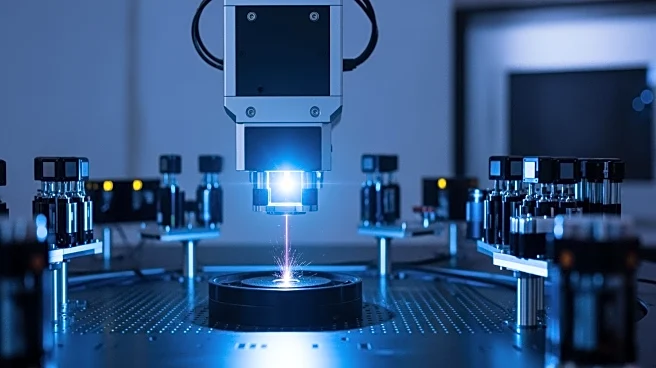What's Happening?
A research team led by Associate Professor Johann Riemensberger at the Norwegian University of Science and Technology has developed a novel laser technology. This laser addresses limitations of existing models, offering a fast, cost-effective, and user-friendly
solution. The technology is significant for self-driving cars, which use Lidar to map surroundings, and for detecting toxic gases like hydrogen cyanide. The laser's design allows for easy frequency adjustments and is built using existing chip technology, making it affordable for mass production.
Why It's Important?
The development of this laser technology could significantly impact industries reliant on precision measurement and environmental monitoring. For the automotive industry, particularly in the realm of autonomous vehicles, this technology promises enhanced navigation capabilities. Additionally, its application in detecting toxic gases could improve safety standards in various sectors, including environmental monitoring and public health. The ability to mass-produce these lasers at a lower cost could democratize access to advanced measurement tools, fostering innovation and safety across multiple fields.















